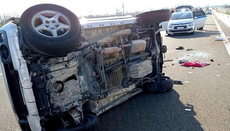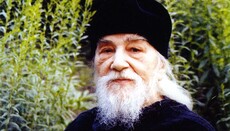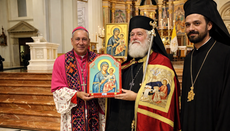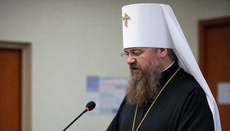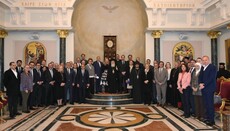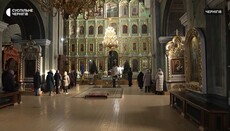UN, EU Raise Alarms Over Religious Freedom Violations in Moldova
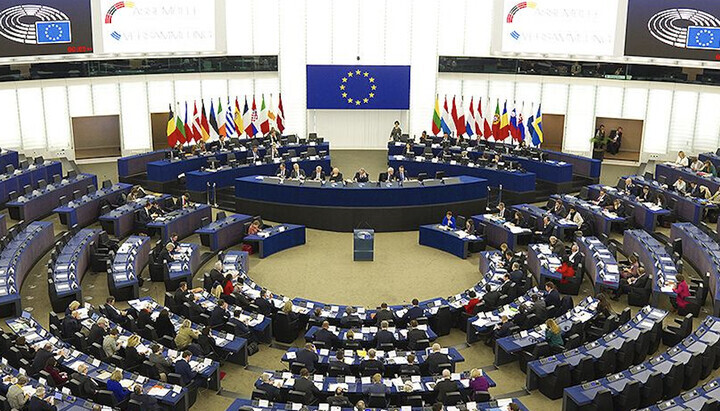
Blocking Orthodox clergy and repressing parishes sparks scrutiny of Moldova’s EU candidacy.
GENEVA — The United Nations and European lawmakers are expressing growing concern over the deteriorating situation of Orthodox Christians in Moldova, citing discriminatory policies by the country’s authorities that may undermine its bid for European Union membership.
According to the Moldovan outlet Moldavskie Vedomosti, the immediate trigger for the controversy was the unexplained obstruction of Archbishop Markel’s pilgrimage to Jerusalem for Pascha, followed by reports of increased pressure on the Orthodox Church of Moldova, which is canonically affiliated with the Moscow Patriarchate.
Local media report recent raids on parishes, the seizure of icons, inspections of pilgrims, and fines imposed on clergy and laity. These measures, human rights defenders warn, represent a pattern of religious discrimination.
Belgian MEP Barbara Bonte (Patriots for Europe group) has filed an official inquiry to the European Commission, questioning whether Moldova’s treatment of Orthodox clergy and believers “aligns with European values at all.”
Her inquiry is based on a report from the Lithuanian organization Žmogaus teisių apsauga (Human Rights Protection), presented at the 59th session of the UN Human Rights Council in Geneva. The report accuses Moldovan authorities of pursuing policies that violate international law and the country’s own legal obligations by targeting the Moldovan Church solely for its canonical ties to the Russian Orthodox Church.
“From the perspective of law and democracy, it is neither possible nor lawful to restrict a Church’s activities solely based on its affiliation with a particular country, even if that country is the Russian Federation,” the report states.
Human rights experts warn that politicized restrictions on faith communities - similar to trends seen in Ukraine and Estonia - risk deepening societal division, legitimizing violence against believers labeled “pro-Moscow,” and eroding basic democratic principles. They call on states to uphold individual legal responsibility while rejecting collective punishment or discrimination based on religious or canonical affiliation.
The report concludes that the ongoing targeting of Orthodox clergy and parishes in Moldova constitutes clear discrimination and a violation of fundamental human rights.
Previously, UOJ reported that Archbishop Marcellus of Bălți and Fălești stated that the Moldovan authorities, led by President Maia Sandu, are interfering in Church affairs.
